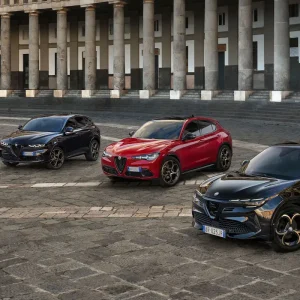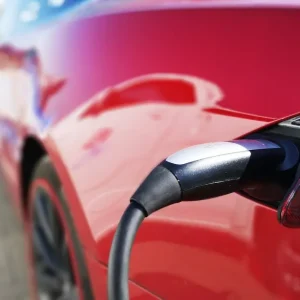On 15 June, now known as National Clean Air Day, the Westminster Energy, Environment and Transport forum discussed priorities for a national air quality plan.
One of the chief concerns facing the transport sector is how to ensure a coordinated approach to improving air quality quickly and effectively.
Another issue is the lack of independent, unbiased information on which to base decisions.
BusinessCar attended the forum in London, in which Leonie Cooper, chair of the Environment Committee at the London Assembly, said: “Air pollution now counts for 10,000 premature deaths every year and London’s air quality is never out of the public eye for good reason. We require a solution soon to ensure the air quality is improved.”
All of the speakers agreed that achieving improved air quality is vital and that the time is now to make changes to the transport industry.
Philippa Oldham, head of transport and manufacturing at the Institute of Mechanical Engineers, explained that the answer to reducing emissions may not necessarily lie in banning cars as they are doing in Oslo, Norway, but instead to tackle the congestion in our cities and optimise the transport network to improve urban emissions.
“It’s not just cities though,” said Oldham. “Last year 600 locations around the UK didn’t reach air quality targets. We need to look at real data coming out of the transport network and make changes to allow traffic to be more fluid.”
Oldham also suggested that the solution to reduced CO2 and NOx emissions may not lie in electric cars.
“While they have zero emissions and would significantly reduce noise pollution, it is difficult and costly to recycle their batteries right now, making them a potentially non-viable choice for the future,” she said. “We need to be holistic and think about the best way forward for future generations.”
The car industry has seen great reductions in CO2 and NOx emissions in vehicles through downsizing, lightweighting and retrofitting. “Engineers like to be challenged,” said Oldham. “We need to allow the industry to innovate and figure out the best solutions for the air pollution problem.”
To mark National Clean Air Day, the TRL Academy has launched a new white paper, ‘A Breath of Fresh Air: A Holistic Approach to Reconcile Future Transport with Improved Air Quality’, based on discussions held at the organisation’s annual symposium.
The white paper explores the problem of poor air quality in urban areas and the range of possible solutions being studied or trialled that have the potential to reduce pollution levels, as well as addressing the issue of creating a coordinated approach.
Nick Reed, director at TRL Academy, said, “The problem is current and we in the UK must take immediate, short term action to reduce pollution; but as the world’s urban population grows, we also need to be investigating longer term measures to reconcile transport demands with the need to sustain towns and cities as pleasant and healthy places in which we can live and work.”
Reed added: “At TRL, we believe that the sheer scope of these approaches necessitates the involvement and cooperation of an equally wide range of key stakeholders in forging a holistic, multidisciplinary approach to tackling the problem.”





